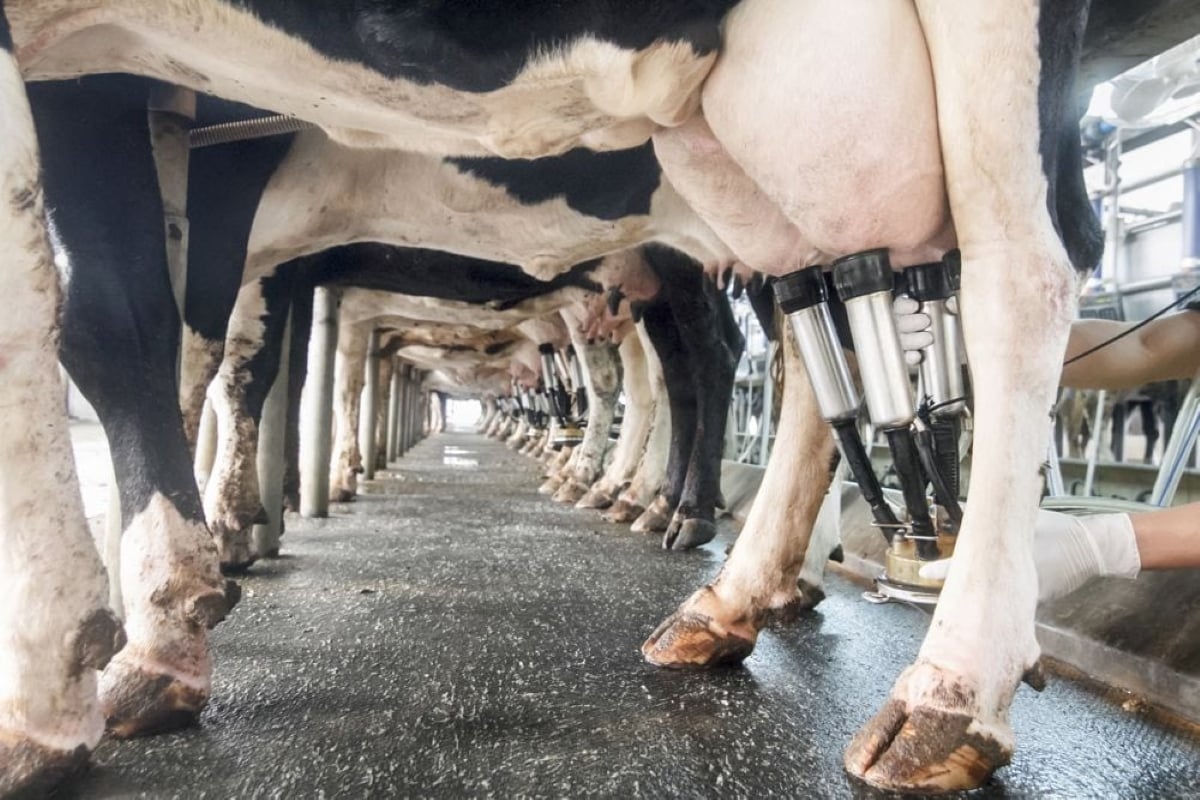It may be legal, but growing hemp for research purposes in the United States is not a simple task, says an American hemp advocate.
This spring, the U.S. Drug Enforcement Agency seized a shipment of imported industrial hemp seed, which was designated for research projects in Kentucky.
The Kentucky Department of Agriculture filed a lawsuit in mid-May claiming the seizure was illegal because in February president Barack Obama signed the U.S. farm bill, which featured an amendment permitting the production of industrial hemp for research and development programs.
Read Also

Farm gate milk price to rise in 2026
The Canadian Dairy Commission will raise its farm gate milk price by 2.3255 per cent in February, the Crown corporation announced on Friday.
On May 22, the U.S. federal government decided to return 120 kilograms of hemp seeds, imported from Italy, to Kentucky’s Department of Agriculture.
The seeds, held by U.S. Customs at the Louisville airport, will now be used for six research projects in the state. Kentucky legislators have touted hemp as crop that could re-invigorate the state’s agricultural economy, which explains why the state vigorously challenged the federal authorities.
Lauren Stansbury, spokesperson for Vote Hemp, an industrial hemp lobby group, said the determination of Kentucky’s agriculture department is encouraging, but farmers in other states who want to grow hemp for research face an uphill battle.
The farm bill amendment for industrial hemp says only state agriculture departments or universities, in states that have passed legislation permitting hemp production, can initiate research projects.
Stansbury said it’s illegal for American farmers to purchase hemp seed from Canadian suppliers.
“The seed needs to be sourced by (state) departments of agriculture or state universities that are doing these R&D programs,” she said. “There are very strict parameters in which these pilot programs can proceed.”
Stansbury said Kentucky and Colorado are pursuing hemp research.
“They are the only states, to my knowledge, that have moved forward with these R&D pilot programs.”
Stansbury said the situation in Colorado is distinct from Kentucky because the Colorado Department of Agriculture isn’t helping farmers buy industrial hemp seed.
“They’re really operating by this “Don’t Ask Don’t Tell” policy, which means many farmers… are sourcing their own hemp seed, most likely from Canada.”
She estimated that Colorado farmers have already planted 1,000 acres of industrial hemp.
Farmers in other states may also have seeded hemp this spring, Stansbury said.
“If they get their hands on hemp seed, they might (plant hemp) … on their own accord,” she said. “But that technically would be outside of the provisions of the industrial hemp research amendment to the farm bill.”














